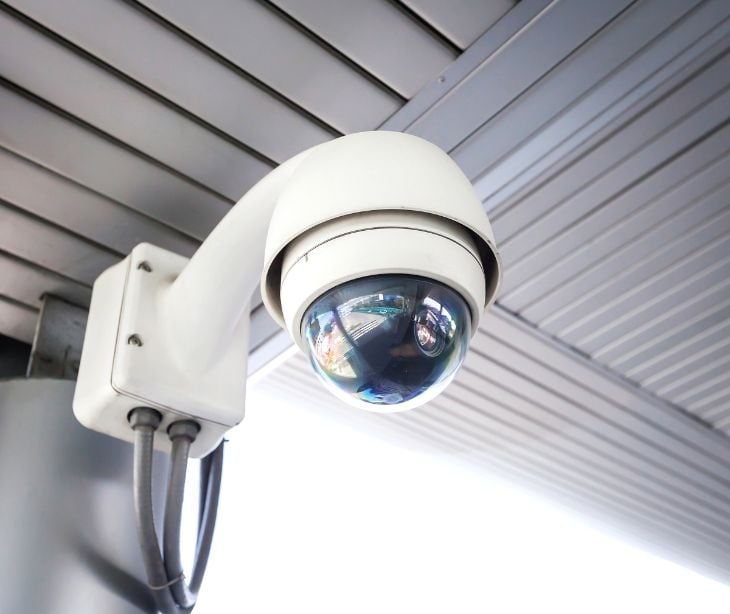
A HIPAA security officer is responsible for ensuring compliance with the HIPAA Security Rule within healthcare organizations. They protect electronic protected health information (PHI) by conducting risk assessments, developing security policies, managing access controls, and overseeing incident responses.
HIPAA's security requirements
HIPAA consists of rules and regulations designed to protect patient health information in terms of privacy and security. The HIPAA Security Rule specifically addresses the security of electronic PHI. This rule emphasizes the protection of ePHI from unauthorized access, disclosure, alteration, or destruction.
Related: What is the HIPAA Security Rule?
What is the role of a HIPAA security officer?
A HIPAA security officer, also known as a chief information security officer (CISO) or security officer, is an individual or designated role within a healthcare organization responsible for overseeing and implementing security measures required by the HIPAA Security Rule.
What are the responsibilities of a security officer?
- Conducting comprehensive risk assessments: To effectively protect ePHI, a security officer must regularly conduct risk assessments. These assessments involve identifying vulnerabilities, assessing potential threats, and evaluating the overall risk to ePHI.
- Developing and enforcing security policies and procedures: Security officers are tasked with the development and enforcement of security policies and procedures within the organization. These policies outline specific measures that need to be implemented to protect ePHI.
- Access control and authorization: Security officers implement access control measures such as user authentication and authorization. Only authorized personnel should have access to ePHI, and strict controls are implemented to enforce this.
- Security training and awareness: To ensure that employees are knowledgeable about security practices and their responsibilities in protecting ePHI, security officers organize and oversee security training and awareness programs.
- Incident response and management: Security officers are responsible for developing and testing an incident response plan.
- Security audits and monitoring: Security officers oversee the continuous monitoring and auditing of security measures to identify security gaps and take corrective actions promptly.
- Technical safeguards implementation: Security officers must implement and manage technical safeguards such as encryption, firewalls, detection systems, and antivirus software.
- Business associate management: Many healthcare organizations work with third-party entities known as business associates. These entities may handle ePHI on behalf of the organization. Security officers ensure business associates have the necessary security measures through written agreements and ongoing monitoring.
- Security governance: Security officers provide leadership and governance in security matters. They advise senior leadership on security-related decisions, budgeting for security initiatives, and aligning security practices with the organization's overall goals and strategy.
- Regulatory compliance: Staying updated with changes in relevant laws, regulations, and industry standards related to healthcare security and privacy is a core responsibility. Security Officers ensure that the organization remains compliant with all applicable regulations.
What is the difference between a privacy officer and a security officer?
- Privacy Officer: Primarily responsible for ensuring compliance with the HIPAA Privacy Rule, which focuses on protecting the privacy and confidentiality of PHI. This role manages policies related to PHI use and disclosure, addresses privacy complaints, and ensures individuals' rights to their health information are respected.
- Security Officer (CISO): Focuses on compliance with the HIPAA Security Rule, emphasizing the security of ePHI. This role develops and implements security policies, manages access controls, oversees technical safeguards, and responds to security incidents.
While these roles have distinct focus areas, they often collaborate closely to achieve comprehensive HIPAA compliance.
Related: What is a HIPAA privacy officer?
Subscribe to Paubox Weekly
Every Friday we bring you the most important news from Paubox. Our aim is to make you smarter, faster.




